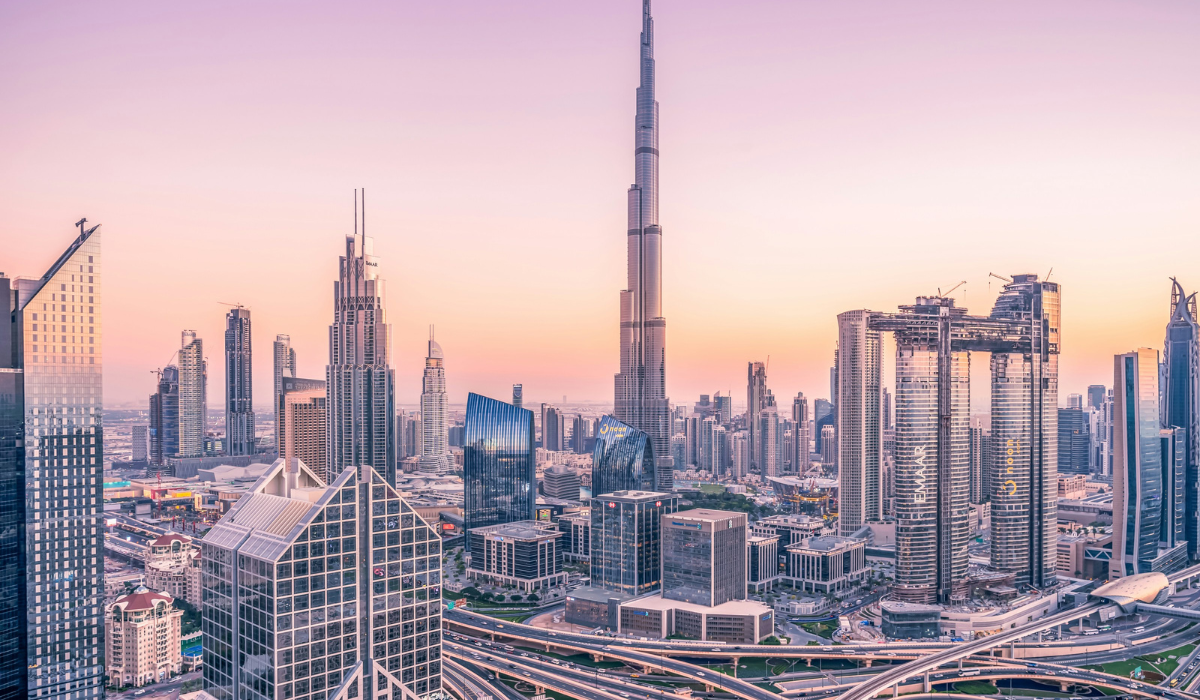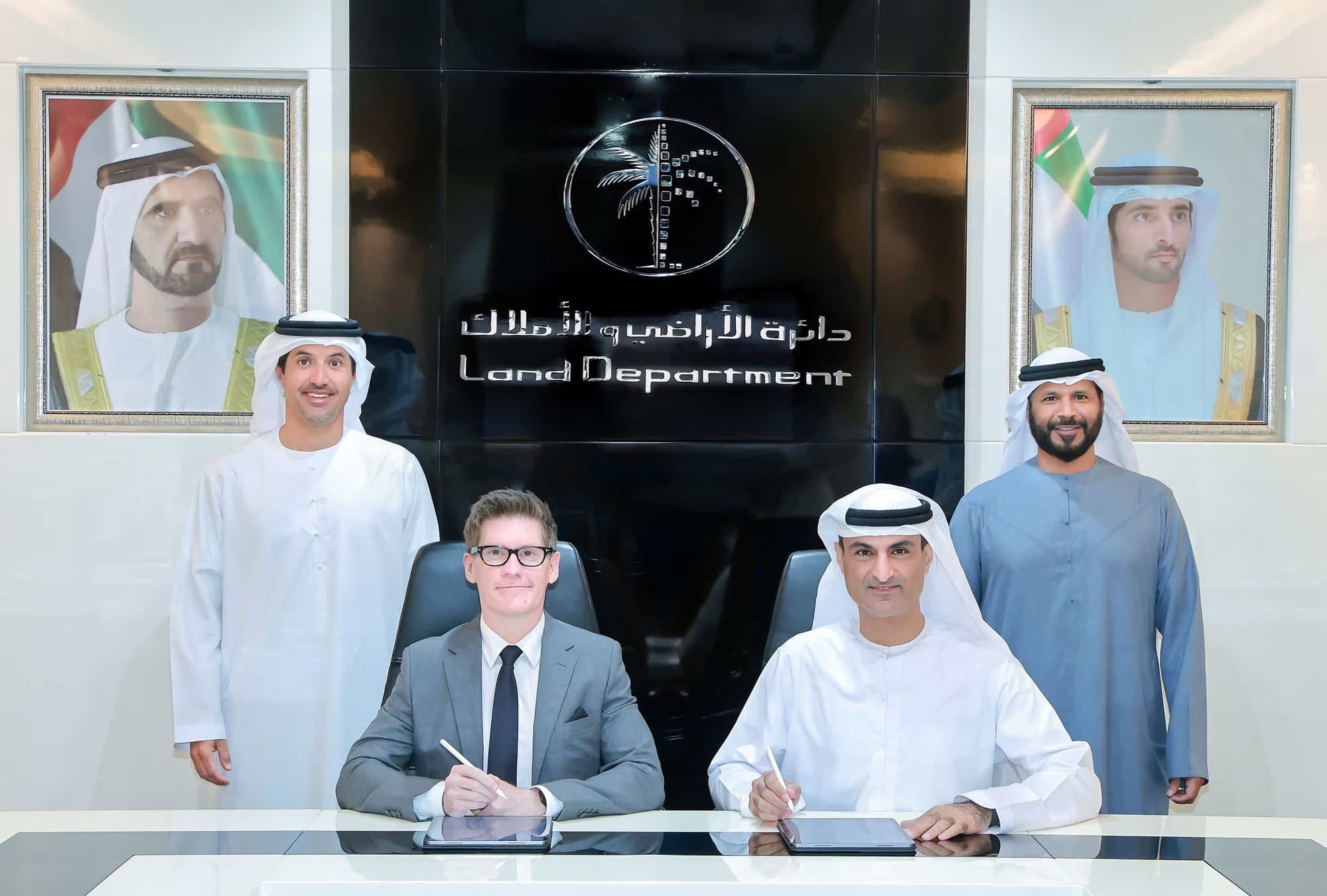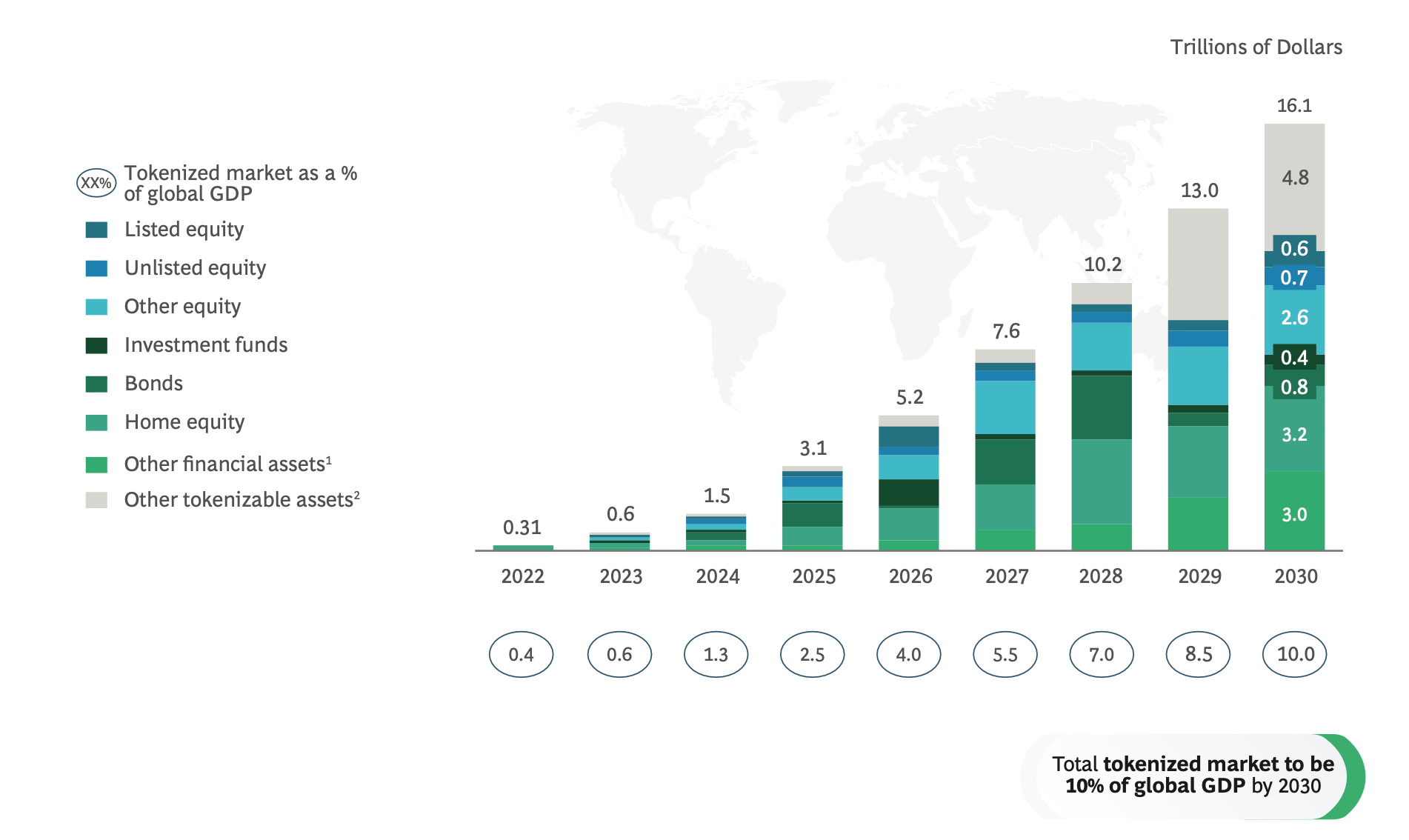Real Estate Tokenization in Dubai: From Vision to Law

Dubai has always been known for combining bold ideas with real action. In 2024, the city took a major step by creating a legal system for real estate tokenization. This isn’t just a local experiment — it’s a sign that the global property market is moving toward a digital future.
Building the Foundation: Blockchain and Real Estate
Years before the law, Dubai was already exploring blockchain. The Dubai Blockchain Strategy, launched in 2017, aimed to use blockchain in every part of government. The Dubai Land Department (DLD) started testing blockchain for property records and rental contracts. These early projects helped create the base for what came next.
A Legal Shift: Dubai’s Tokenization Pilot
In March 2024, the DLD began the pilot phase of its Real Estate Tokenization Project. This was more than just testing technology — it was a real legal step forward. Now, real estate in Dubai could be officially represented as digital tokens.
The DLD teamed up with the Virtual Assets Regulatory Authority (VARA). This partnership means tokens are covered by both property law and digital asset rules, bringing together two different worlds into one clear legal system.

How the Law Works
The new rules allow real estate to be turned into blockchain tokens, backed by legal documents and title deeds. These tokens can be split into smaller parts and traded, making it easier for more people to invest in Dubai’s property market.
Instead of creating something completely new, Dubai added tokenization to its existing legal system. That way, every token is still protected under Dubai law. Investors benefit from traceable ownership, legal protection, and smart contract tools that can handle payments and track assets automatically.
Why It’s Important for the Market
Dubai expects tokenized property to grow fast. As Coindesk reports, the city believes this market could reach $16 billion by 2033 — about 7% of all property deals.
Dubai is pushing into real estate tokenization with a new pilot project that the Dubai Land Department projects could account for $16 billion in property transactions. @sndr_krisztian reportshttps://t.co/wQX5w54B8X
— CoinDesk (@CoinDesk) March 19, 2025
Source: CoinDesk/X
Private companies like Estate Protocol and SmartCrowd are already joining in. Thanks to the legal clarity, platforms can now offer fractional investment opportunities through blockchain.
Could Dubai Become a Global Example?
Dubai’s approach solves key problems many other countries face — especially around legal protection and enforcement. Instead of keeping the old and new systems separate, Dubai combined them. That’s why the city is gaining attention from global experts.
According to Boston Consulting Group, tokenized assets could reach 10% of global GDP by 2030. With its clear legal path, Dubai is helping turn that prediction into reality.

Conclusion
What started as a high-tech dream is now part of real policy. With clear laws, strong partnerships, and smart planning, Dubai has created a system that brings real estate and blockchain together. It’s not just keeping up with innovation — it’s leading the way.

